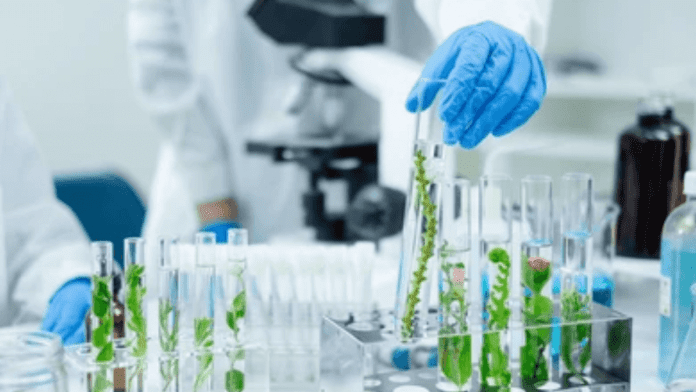News in Brief:
– FAO’s plant health commission convenes to address escalating threats from plant pests and diseases, emphasising the critical need for international cooperation.
– Climate change exacerbates the spread of pests like Fusarium Tropical Race 4, endangering vital crops and livelihoods, prompting collaborative efforts to combat this problem.
The Food and Agriculture Organization’s (FAO) Commission on Phytosanitary Measures (CPM) recently assembled to deliberate on crucial strategies to combat the relentless spread of plant pests and diseases, posing an ever-growing threat to agriculture and local livelihoods worldwide.
In a compelling opening address, QU Dongyu, Director-General of the organisation, underscored the profound ramifications of uncontrolled pest and disease outbreaks, stressing their potential to wreak irreversible havoc on ecosystems, trade, and the global food supply.
The commission delved into the pressing issue of climate change worsening the geographic spread and intensity of plant pests and diseases. Such transformations demand heightened international cooperation for early detection, swift response, and coordinated control efforts, Qu said.
The meting also highlighted the perilous impact of Fusarium Tropical Race 4 (TR4), a fungal disease ravaging banana crops. Amplified by climate change, TR4-induced yield losses severely affect over 400 million farmers, producers, and rural households dependent on this vital crop.
Collaborative efforts against TR4
Collaboration between the International Plant Protection Convention (IPPC) and FAO seeks to assist banana-producing nations in combatting TR4. This initiative includes raising awareness, conducting simulation exercises, and producing a comprehensive guide to effectively prevent, prepare for, and manage the disease.
A pivotal discussion at the CPM forum revolves around integrating the IPPC within the One Health approach, uniting efforts across plant, animal, and human health sectors. Anticipated outcomes include amendments to phytosanitary standards, enhancements in digital phytosanitary certification through the IPPC ePhyto Solution, and endorsement of the Africa Phytosanitary Programme to bolster national capacities in pest management.
While global attention often centers on food safety and animal health, the FAO Director-General reiterated the paramount importance of plant health standards, likening them to essential “guardrails” against the onslaught of plant pests and diseases.



